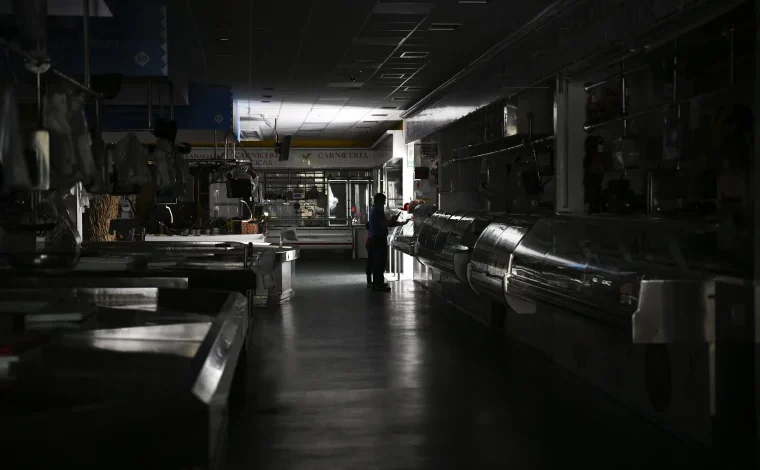Massive Power Outage Cripples Spain, Portugal and Parts of France

A large-scale power outage swept across Spain, Portugal, and parts of southwestern France on Monday, disrupting daily life, paralyzing public transport, halting flights, and sparking widespread traffic chaos.
The blackout, described as one of the most significant in the region’s history, left millions without electricity and triggered emergency government responses. Utility operators scrambled to restore power as questions mounted over the cause of the failure.
In Portugal, Prime Minister Luís Montenegro ruled out a cyberattack, telling reporters there was “no indication of malicious interference” and expressing hope that electricity would be fully restored “in the coming hours.” Portugal’s National Cybersecurity Centre echoed his remarks.
Redes Energéticas Nacionais (REN), Portugal’s national grid operator, later attributed the outage to a rare atmospheric phenomenon over Spain, caused by dramatic internal temperature shifts. The company warned that full restoration across the country could take up to a week.
Meanwhile, in Spain, emergency cabinet meetings were held as the government urged citizens to remain indoors to avoid traffic snarls. “All available resources are being mobilized to resolve the incident swiftly,” said a statement from Prime Minister Pedro Sánchez’s office.
Red Eléctrica de España (REE), the country’s grid operator, said power was being progressively restored and reported partial recovery in northern, southern, and western regions. REE’s head of operations, Eduardo Prieto, estimated that national recovery could take six to ten hours.
The blackout briefly affected the Basque region of France, though French grid operator RTE said service was quickly restored. RTE also confirmed it was supplying up to 700MW of electricity to Spain to aid in the restoration efforts.
Across major cities, the blackout caused widespread disruption. In Madrid, traffic lights failed, metro services stalled, and thousands were left stranded in elevators and subway cars. Emergency sirens and car horns blared across the city as police scrambled to direct traffic at major intersections.
At Cibeles Square, one of the capital’s busiest junctions, commuters described the scene as chaotic. “There’s no phone coverage. I can’t reach my family, my workplace — nothing,” said local resident Carlos Condori. “People are in shock. We’ve never seen anything like this.”
The outage also forced the suspension of matches at the Madrid Open tennis tournament. A match between Grigor Dimitrov and Jacob Fearnley was halted mid-play as scoreboards and overhead cameras lost power.
In Portugal, metro systems in Lisbon and Porto were shut down, and trains were suspended nationwide. Authorities said they were activating contingency plans in coordination with European grid operators.
“All protocols for phased restoration are underway,” REN said in a statement. “We remain in close contact with civil protection agencies and continue assessing the cause.”
At Valencia’s airport, which remained one of the few places still with power, stranded travelers anxiously awaited flight updates. “People are staring at their phones, desperate to reconnect,” reported Al Jazeera’s Step Vaessen. “This is unprecedented in scale.”
The European Commission confirmed it is in contact with national authorities and is closely monitoring the situation. “We are coordinating information exchange to ensure a collective response,” a Commission spokesperson said.
While power is gradually returning to affected regions, officials have warned that the full recovery may take time. Authorities in all three countries continue to investigate the exact cause of the disruption, though all current assessments rule out any cyberattack.
The unprecedented outage has raised concerns over energy infrastructure resilience across the Iberian Peninsula and may prompt new discussions at the EU level on cross-border power stability and climate-related grid vulnerabilities.





